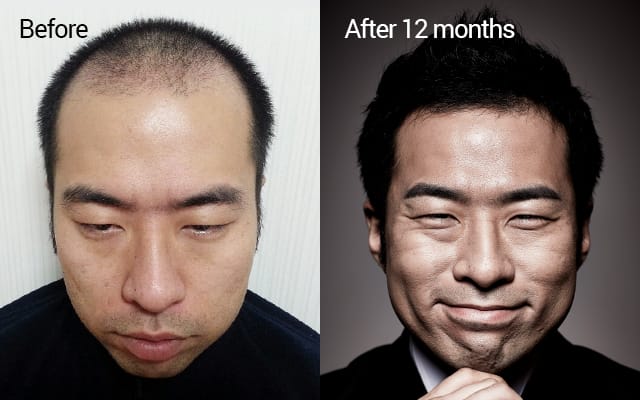Post-Op FAQs
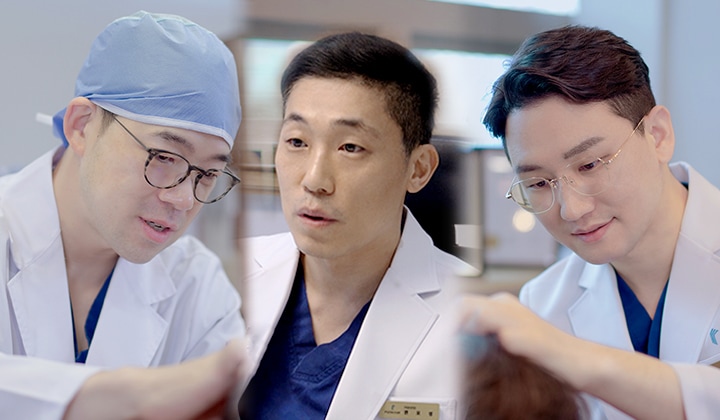
Q&A by actual patients
Do not ask around.
FORHAIR will provide you with
the most accurate and truthful information.
- The 3 days following surgery is the most important engraftment period.
- Since engraftment generally occurs during 1~2 weeks after the surgery, precautions need to be taken to prevent irritation to the area of implantation.
- Apply the tonic you purchased to the hair at one-hour intervals after the surgery. (until the whole bottle is finished)
- It is advisable to take rest at home on the day of surgery.
- You can return home immediately after the surgery by wearing a beanie hat that we provide. However, there could be temporary dizziness due to use of partial anesthesia. As such, we recommend that you use public transportation rather than driving yourself.
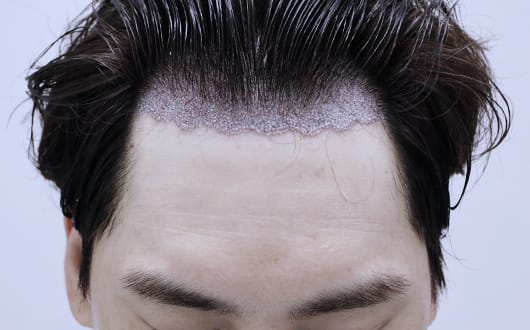
- The entire area of implantation displays a dark red color with scabs formed on the recipient area.
- Sensory perception in the occipital region from which hair follicles were collected could have become somewhat dulled.
- Area of implantation may experience prickling and throbbing pain.
- Although the forehead area that was not subjected to surgery may become less sensitive temporarily, it will recover shortly.
- Receive shampoo by visiting hospital the next day or wash hair via self-shampooing method we instruct.
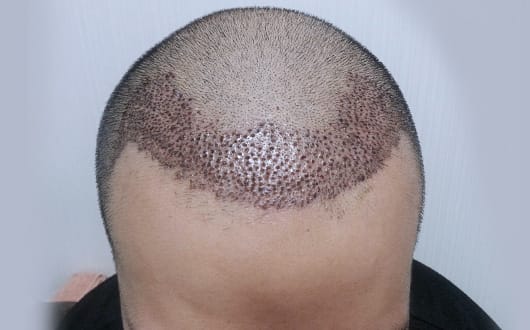
following surgery
- Scabs on the recipient area will become hardened and darker.
- Although the recipient area may be itchy, make sure not to scratch It.
- Do not rub the recipient area by hand or with a towel.
- Rinse the recipient area using lukewarm water with low water pressure.
- When drying hair, use natural wind or cold wind from a hair dryer.
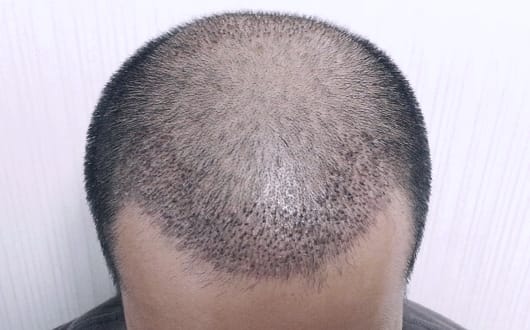
following surgery
- Scabs fall off and the recipient area becomes reddened.
- You can shampoo the hair by rubbing the recipient area by hand after 2 weeks. However, make sure to rub gently with the tip of the fingers rather than with the fingernails.
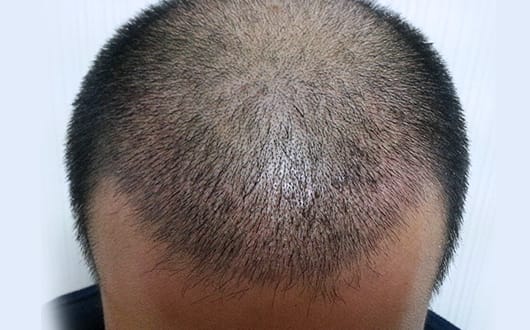
following surgery
- Hair in the recipient area will start to grow again approximately 3 months after the surgery.
- Although folliculitis may occur, such as acne, please visit our hospital if severe.
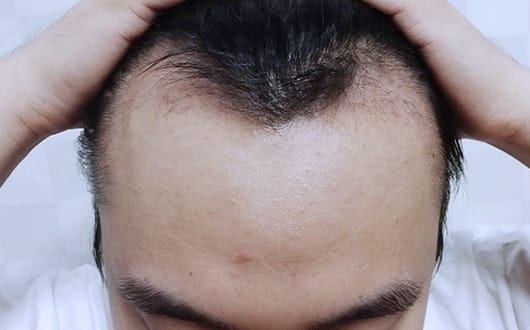
- This is a phase in which new hair grows sparsely and the so called ‘dark age’ begins.
- Hair may grow very thinly or not grow at all in the areas where implanted hair fell off.
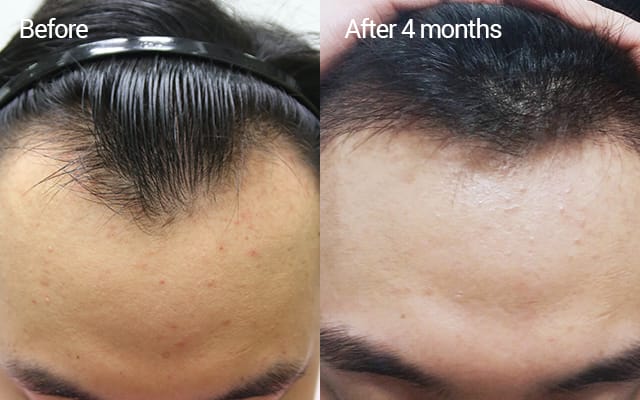
- New hair has grown quite substantially and long, and this is the period in which hair begins to appear abundant, depending on the individual. However, there still are hair strands that are yet to grow fully and may have the appearance of fine soft hair in places. Since this is still not a point by which perfect results have been achieved, you need to wait patiently for more than 1 year.
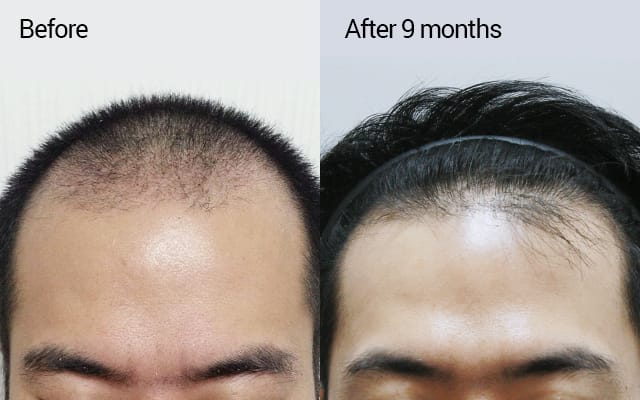
- Thick and abundant hair grows stably.
- You will experience clear changes in the image of your hair through dramatic “before” and “after” changes.
